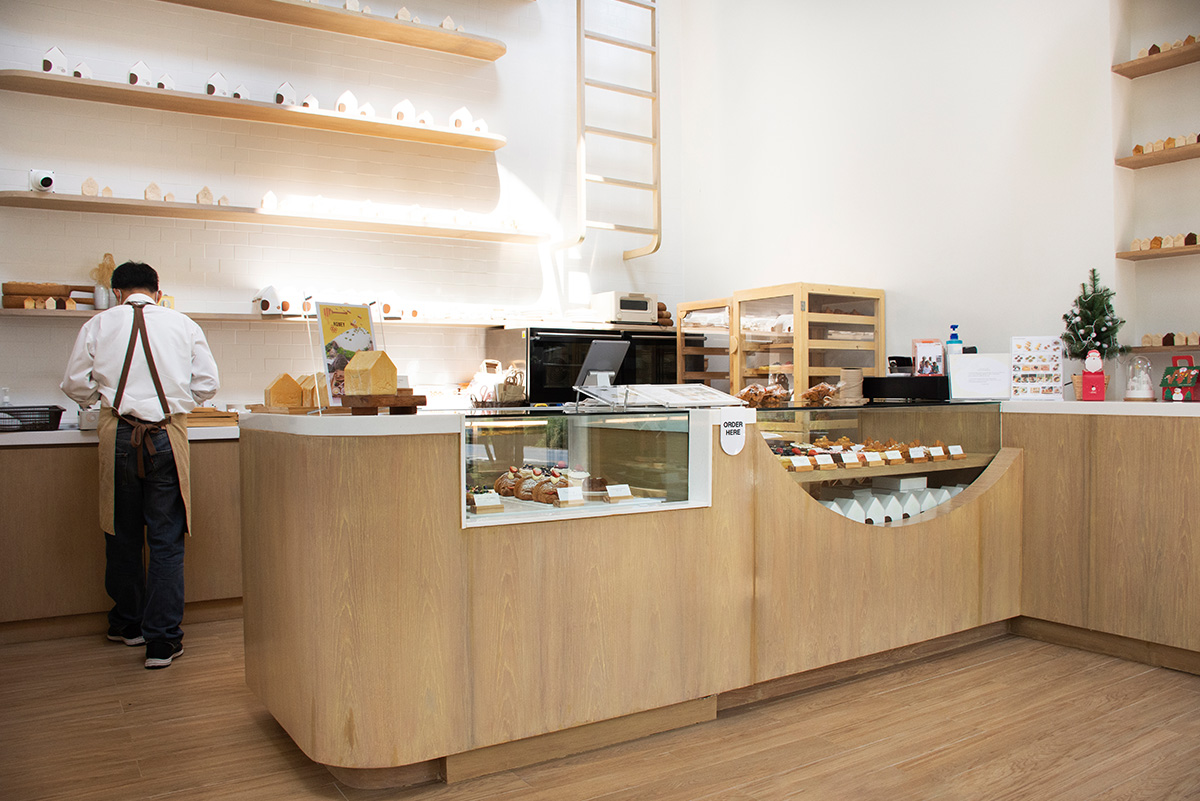Wood and veneers in shopfitting
Wood and veneers in shopfitting: sustainability meets design
Wood and veneers play a central role in shopfitting, as they are valued not only for their sustainability and naturalness, but also for the versatility and warmth they bring to any room. In a world that places increasing emphasis on ecological responsibility and aesthetic awareness, wood materials offer a perfect synergy of function, design and environmental friendliness.
The variety of wood types in shopfitting
Sustainable timber procurement and certification
Sustainable procurement is essential when using wood in shopfitting. Certifications such as FSC (Forest Stewardship Council) or PEFC (Program for the Endorsement of Forest Certification) guarantee that the wood comes from responsibly managed forests. These certificates are not only proof of ecological sustainability, but also an important sales argument for environmentally conscious customers.
Popular types of wood and their properties
Whether oak, beech, walnut or more exotic woods such as teak and mahogany – each type of wood brings its own unique characteristics and grain to shopfitting. The choice of wood species depends on many factors, including the desired aesthetics, durability and budget.
Veneers in shopfitting: a touch of luxury
What are veneers and how are they made?
Veneers are thin layers of wood that are cut from a block of wood and then applied to carrier materials such as MDF or chipboard. This technique makes it possible to integrate the beauty and texture of expensive or rare types of wood into shopfitting in a cost-effective way.
Advantages of veneers in design
Veneers offer enormous design freedom in shopfitting. Various cutting techniques and processing methods can be used to create unique patterns and surfaces that would not be possible with solid wood. Veneers are also an environmentally friendly option as they use resources more efficiently.
Innovative technologies and processing methods
Modern processing techniques for wood and veneers
Thanks to advanced technologies such as CNC milling, laser cutting and digital printing processes, wood and veneers can be precisely processed and customized. These techniques open up new possibilities for creative and functional shopfitting concepts.
Sustainable surface treatments
Modern surface treatments such as UV curing or water-based lacquers not only offer protection for the wood, but are also environmentally friendly. They help to ensure that furniture and shopfitting elements are durable and easy to clean without harming the environment.
Wood and veneers offer a unique combination of aesthetics, sustainability and functionality in shopfitting. Through the conscious selection of materials and the use of modern technologies, shopfitters and retailers can create spaces that are not only visually appealing but also ecologically responsible.



